18 May 2013
The Chinese have put India on notice. Can India raise its game?
There is nothing like a crisis in a nation’s foreign and security policy, or even the perception of one, to trigger a reality check, clinical analysis and course correction. The starting point, in the case of the three-week-long military standoff between China and India is an assessment of what exactly happened and its possible motivation. Necessarily, an evaluation of whether the situation was wisely handled must follow.
It is entirely possible that the Chinese leadership, post the 18th Communist Party of China Congress held in November 2012, has a more pronounced Middle Kingdom syndrome. Equally, three decades of unparalleled economic growth in a state-centric model has generated tensions domestically, for which a more assertive nationalism and jingoistic safeguarding of claims of territorial integrity provide an outlet for the People’s Liberation Army and the Communist Party. The political elite, confronted with endemic corruption and a system that lacks transparency, with virtually no accountability, may find muscle-flexing with neighbours a convenient diversion. China’s actions in the South and East China seas would certainly point in the direction of a more assertive military posture.
There was no ambiguity about the intrusion by Chinese forces into an area 19-km deep on the Indian side of the Line of Actual Control (LAC). It was a classic act of diplomatic coercion using a limited military manoeuvre. Not only was this a departure from the past, but clearly an action designed both as a provocation and a signal that India’s belated upgradation of its military infrastructure on our side of the de facto border is unacceptable to the Chinese, and needs to be discussed.
To say that there was an incongruity in our initial characterisation of the standoff would be an understatement. There is also some evidence that there was a disconnect between our army and the civilian leadership in different parts of South Block. The government’s assertions that there was no deal, that this was a victory for “quiet diplomacy”, and that finally, the status quo ante was restored following a telephone contact between the NSA and his counterpart in the boundary negotiations, found no takers. Even if it is true that we removed only a few tin sheds and that other, more recent fortifications remain in place, this is a sign of impending trouble.
The Chinese have put us on notice that they will play hardball. Clearly, the intent is to circumscribe, and possibly negate, the limited modernisation we have undertaken of the border infrastructure on our side. Any border management mechanism that puts us at a disadvantage, even in the coverage and patrolling on what is claimed by us and is generally acknowledged to be on our side of the LAC, has to be a non-starter. More importantly, our willingness to even entertain discussion of such an absurd proposition will place us in a vulnerable position. The Chinese are known to show scant respect to countries that either acquiesce easily or follow a policy of appeasement in their relations with them.
There have been 15 rounds of border talks stretching over the last 10 years, with limited results so far. In the absence of exchange of maps, the exercise could carry on interminably. How does one deal with a situation in which the ground rules worked out in 2005 are sought to be unilaterally altered?
The time would, therefore, appear to be appropriate for some course correction. There is, at the very least, a need to consider whether the present policy of pressing ahead on all other fronts, particularly economic, makes sense. Bilateral trade, both in quantitative and qualitative terms, is heavily weighted in favour of the Chinese. Entertaining romantic notions of this being the first time since 1954 that two bilateral visits will be exchanged misses the point altogether. If anything, the Chinese are not inscrutable. No matter which way one looks at it, the Chinese had far more to lose if Li Keqiang’s visit had become a question mark. The fact that Salman Khurshid went to Beijing after the standoff had ended, and yet said it was not discussed, is surprising indeed.
Reconciling perceptions constitutes, at the best of times, a major foreign policy challenge. It is always instructive to see what the other side is saying. People’s Daily, the official Chinese newspaper, in its online edition at the height of the standoff in Ladakh, said that China should continue friendly relations with India but should not “indulge” India’s “bad habits” and, in particular, the “lies” of the Indian news media. We might have spared ourselves such comments if only we had been more forthright in our public comments and avoided saying that China needed “face-saving”, a formulation that was traced back, along with others, to the decision-making sections of South Block.
Most important, this should serve as a wake-up call on our defence preparedness. To suggest that our national security apparatus recalls the disarray of 1962 is perhaps an exaggeration. Some of those who were in South Block, and lived through the humiliation of 1962, are still around. The prime minister may find it worth his while to enlarge the base of his advice. Also, it should not take 19 days for the army chief to brief the Cabinet Committee on Security. What is required is sound, not convenient, advice. The problem is not “skin” deep but systemic, and requires a commensurate response.
The writer, a retired diplomat, was India’s permanent representative to the UN
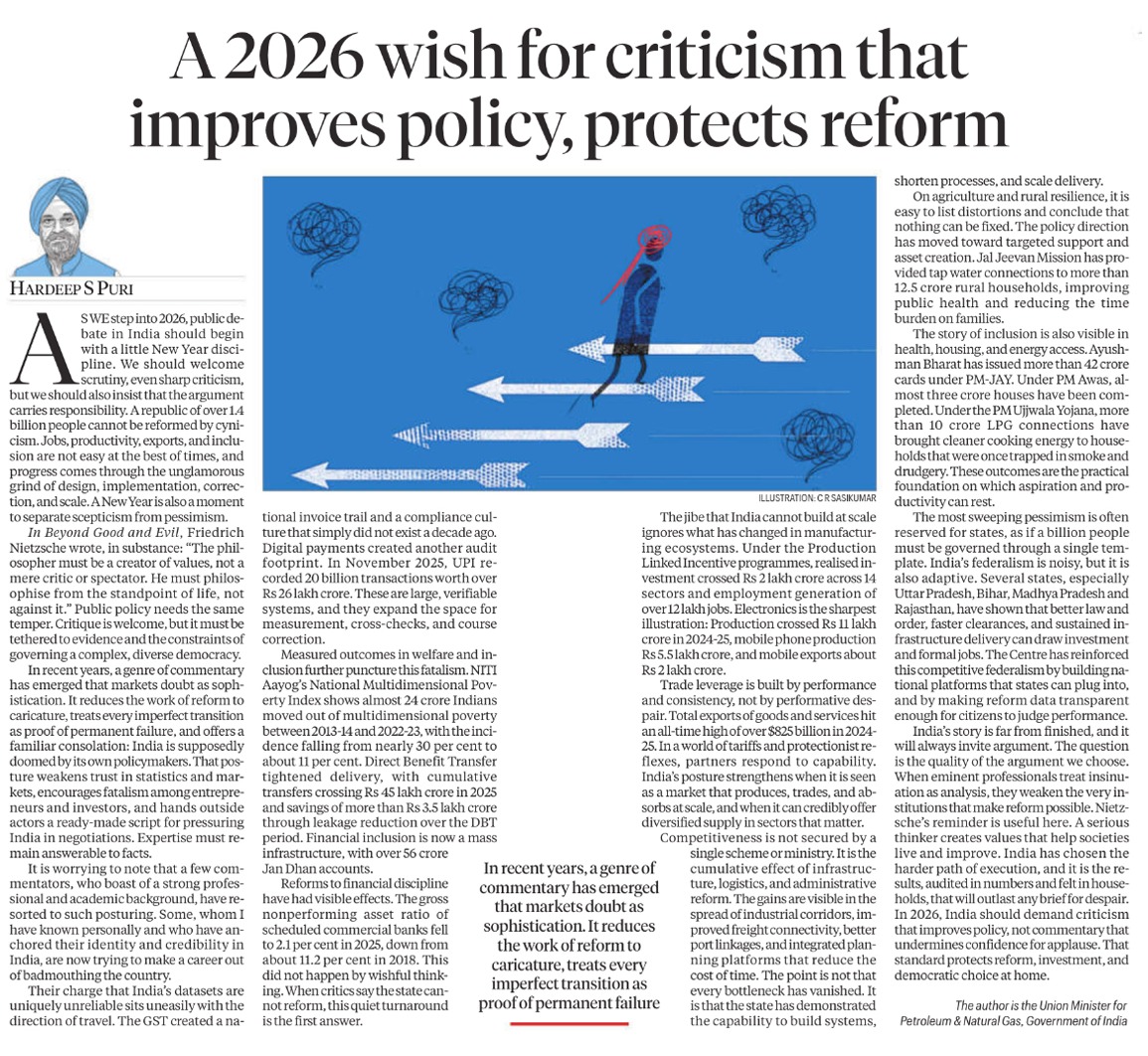
Our democracy benefits by criticism, but not by motivated fatalism by some “experts”, who seem more guided by their politics r...
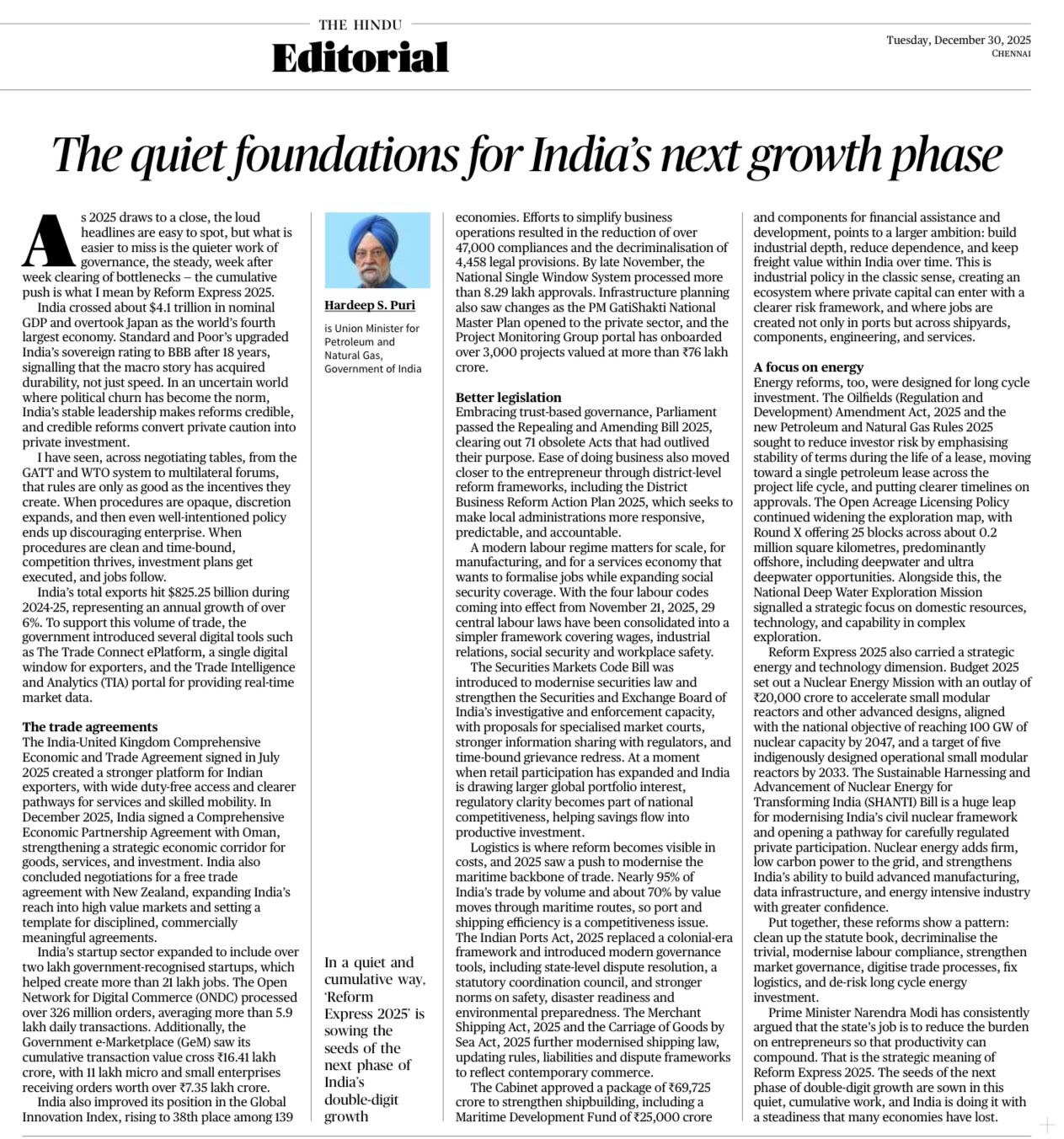
The quieter work of governance, the steady, week after week clearing of bottlenecks - this cumulative push is what I mean by Refo...
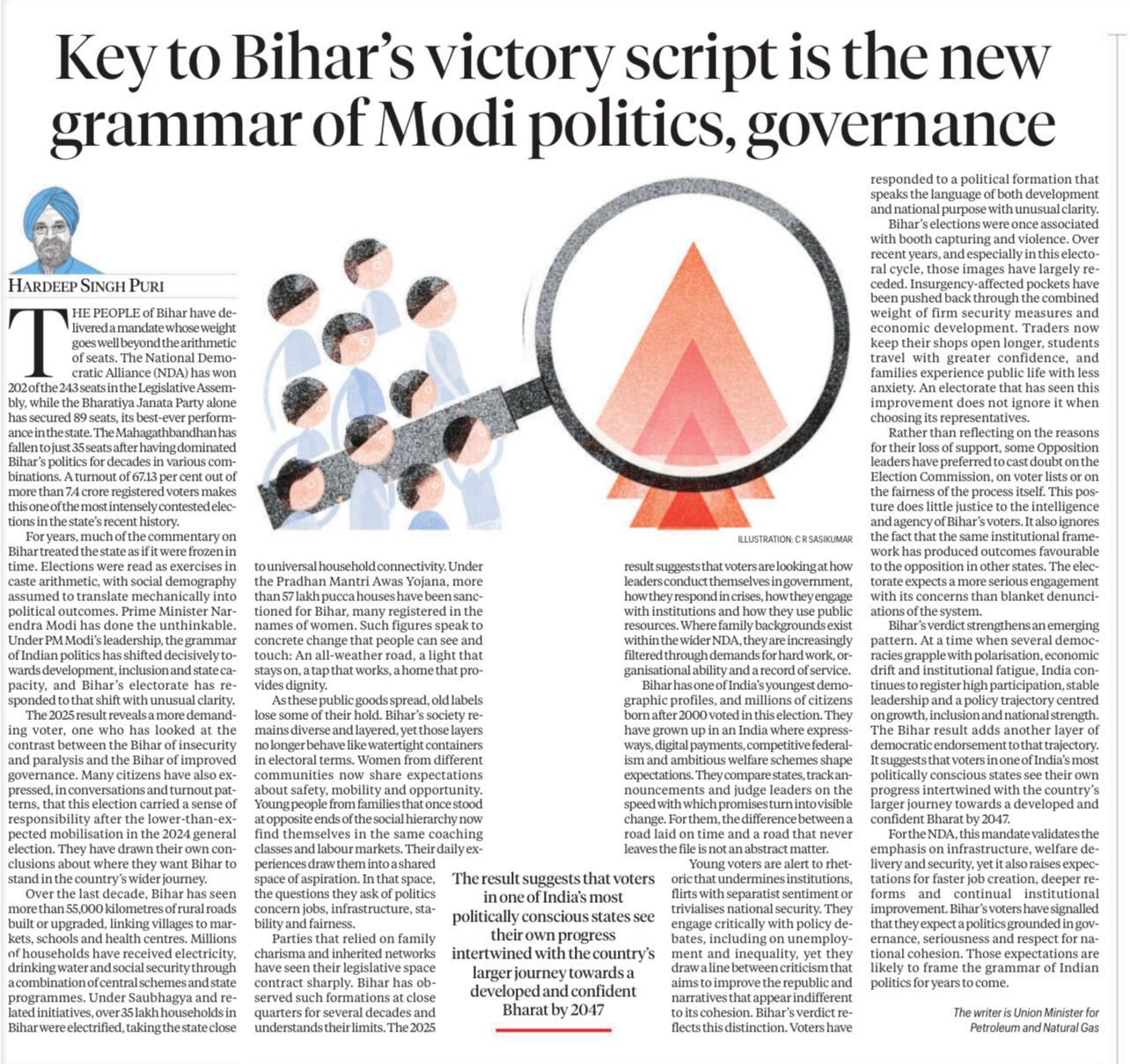
PM Sh Narendra Modi Ji has done the unthinkable in Bihar and it will change the grammar and lexicon of Indian politics for the ti...
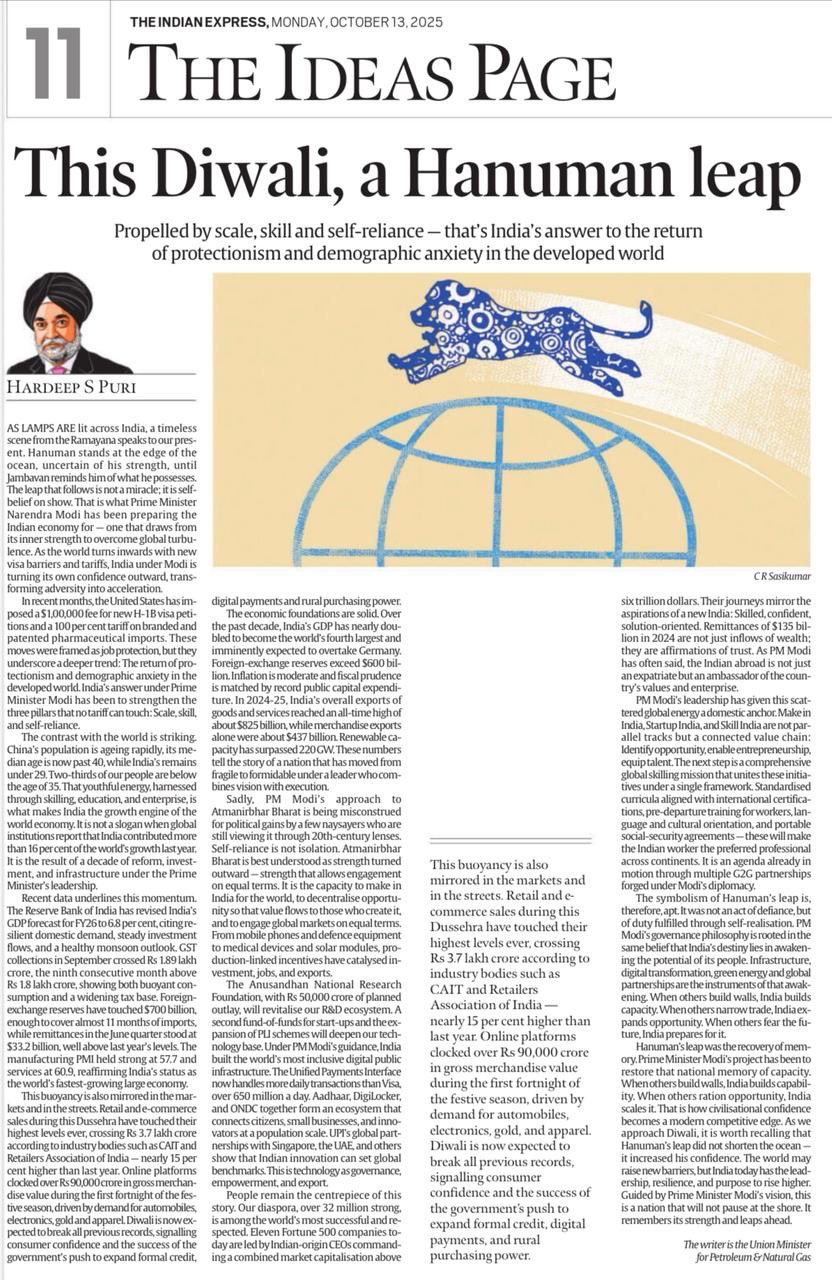
As the world passes through a period of geopolitical turmoil and uncertainty, India, under the visionary & decisive leadership of ...
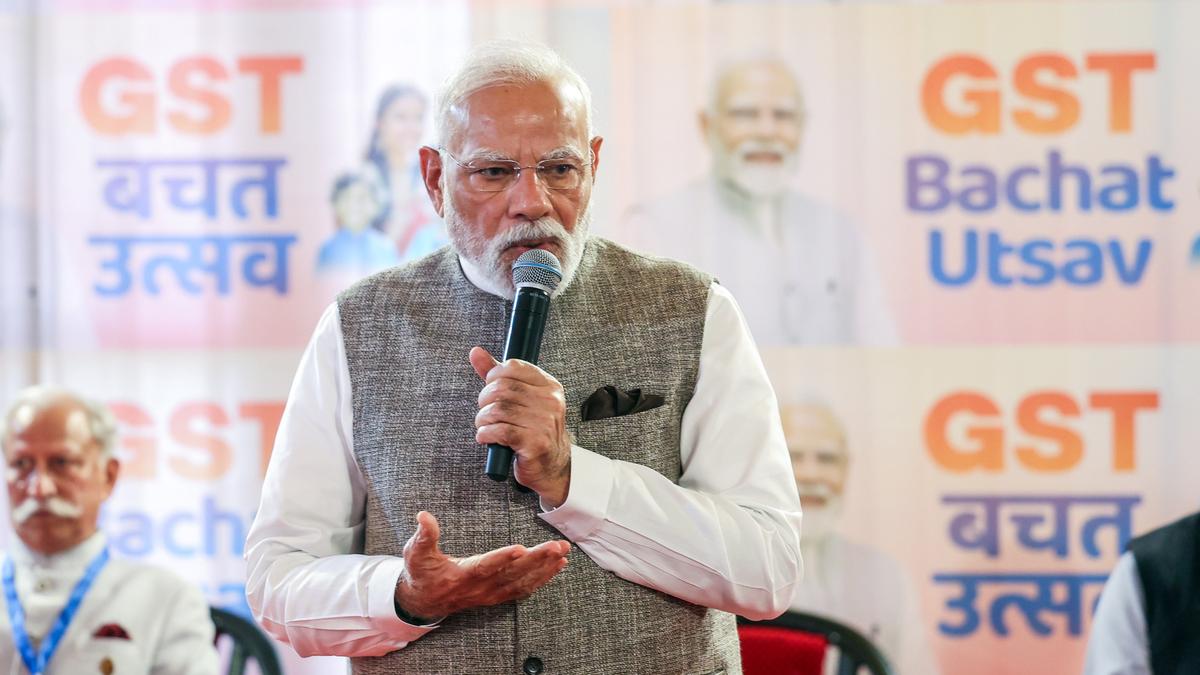
The Prime Minister’s professionalism and work ethic are what make the difference on the ground Praise has been showered on Pr...
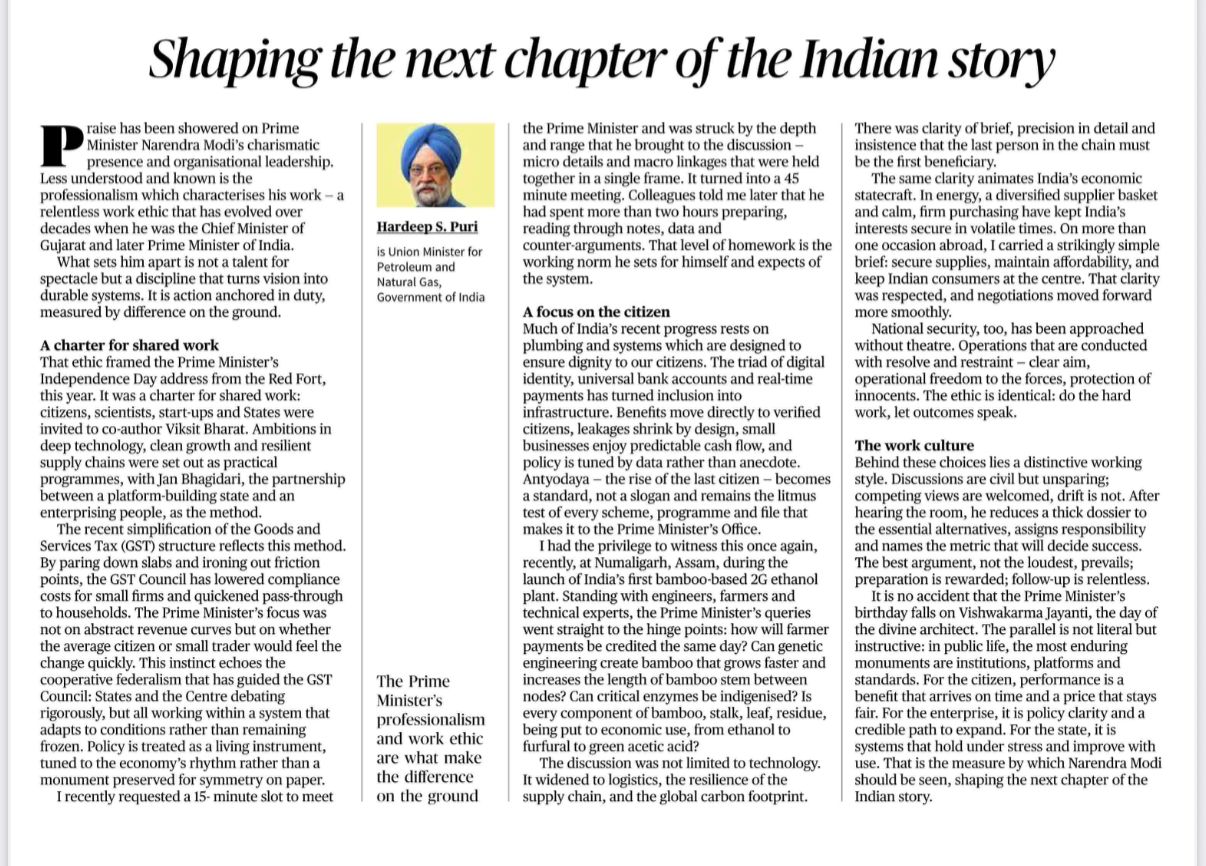
Shaping the next chapter of the Indian story!...
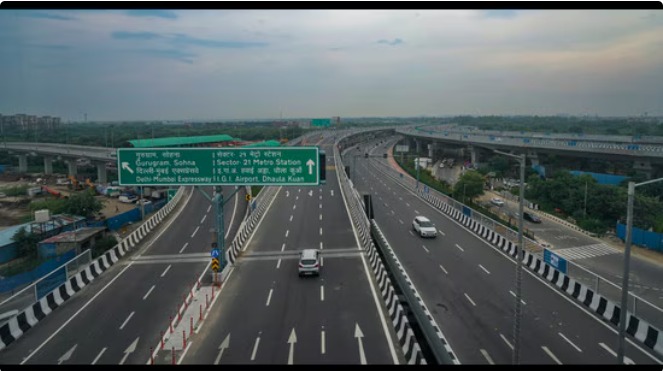
Indian cities are again on that path to being modern yet humane, ambitious yet inclusive, global in outlook yet rooted in our valu...

India’s fact-rich story of resilience, growth and energy security will silence the ‘global doubters’ who call it a ‘dead e...
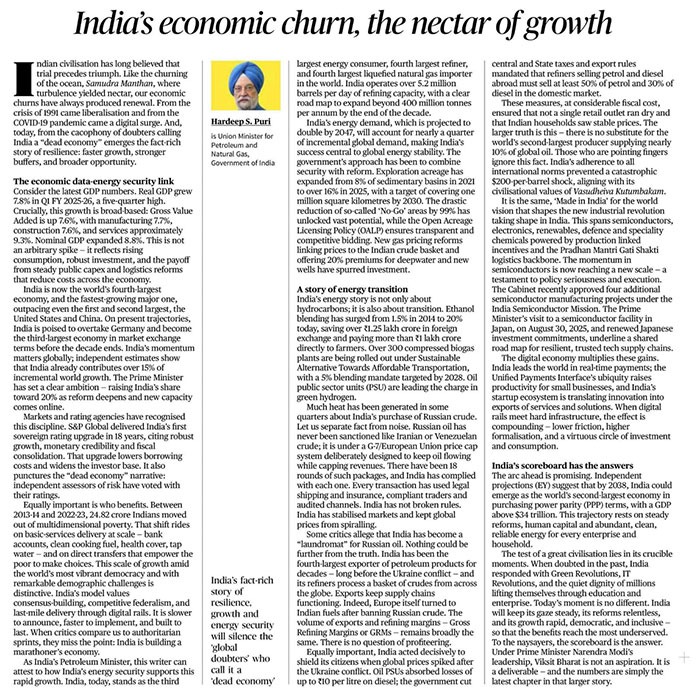
The test of a great civilisation lies in its crucible moments. When doubted in the past, India responded with Green Revolutions, I...